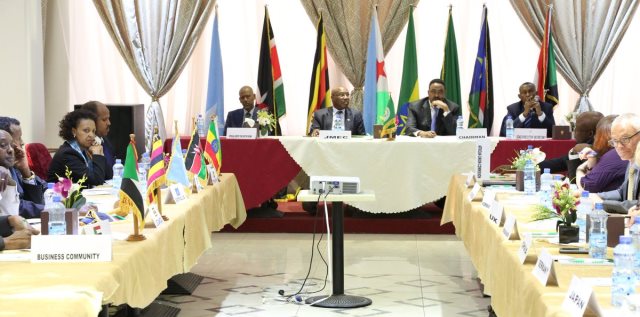A prominent South Sudanese civil society activist has blamed regional leaders for the failure to bring peace in South Sudan, citing divisions among IGAD countries over the issue of peace in South Sudan.
The head of the Community Empowerment for Progress (CEPO), Mr Edmund Yakani, said in an interview with Radio Tamazuj that the South Sudan peace process is not progressing because of the division within the Inter-Governmental Authority for Development (IGAD) leaders.
“The political development in Ethiopia has also affected Ethiopia’s role in administering the South Sudanese peace process,” he said.
The renowned activist said that a fraction of the regional leaders and friends supported the government led by President Kiir, while another group was sympathizing with opposition groups.
“Some friends in the region do not help put pressure on the South Sudan parties to reach peace in South Sudan,” he said.
However, he said the IGAD special envoy to South Sudan is working to bring the divergent viewpoint of the warring parties closer though wider consultations.
The South Sudanese rights defender insisted that the division within the regional bloc was also affecting the consultation phase. “The IGAD countries have interest in South Sudan,” he said.
Separately, Yakani hinted that there was no political will from the Juba government to work together with the opposition, citing President Kiir’s recent statement in which he regretted for saving the lives of his former deputy Riek Machar and former detainees following the outbreak of war in 2013 and 2016.
The regional bloc's Intergovernmental Authority on Development (IGAD) last week adjourned the peace talks to 17-21 May, saying there was a need for more time to allow continuation of shuttle diplomacy meetings with the South Sudan parties.
The regional bloc revealed that there still exist wide gaps between the different groups that need to be narrowed.




